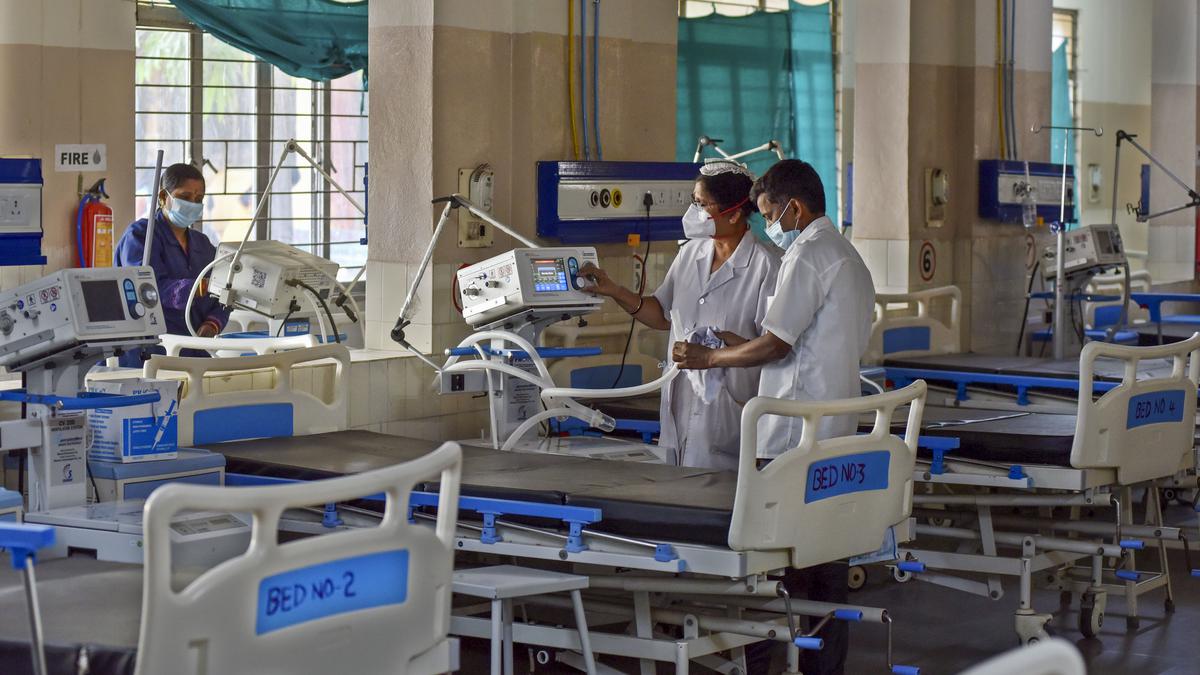
Do not send children to school if they are ill, caution doctors
The Hindu
Doctors caution parents against sending unwell children to school in Hyderabad amid Covid upswing, urging vigilance & balanced diet.
Amidst the recent spike in COVID-19 cases in Telangana, particularly concentrated in Hyderabad, doctors are cautioning parents against sending their children to school if they are ill. Emphasising that what may seem like a minor ailment could pose a serious threat to children with chronic illnesses, doctors are urging a pro-active approach to safeguard vulnerable youngsters.
The impact of COVID-19 on children has generally been less severe since the onset of the pandemic. Typically present with respiratory symptoms and fever, cases in children are often milder.
T. Usha Rani, Superintendent of Niloufer Hospital, notes that the predominant cause of hospitalisation among children under five years is pneumonia, and with India’s peak pneumonia wave subsiding, the current rise may stem from another viral infection linked to cold weather.
Dr. Rani underscores the importance of parental vigilance, especially in crowded places, as cold temperatures make children more susceptible to allergies. Children with a tendency for wheezing may experience breathlessness, necessitating hospitalisation.
Addressing public reactions to the outbreak, Madap Karuna, a Hyderabad-based paediatrician, highlights the paradox where authorities advise against panic, but public contentment can follow. She argues that a more serious public response aids in containing the situation during its endemic stage.
Regarding the JN.1 variant, Sivaranjani Santosh, chief paediatrician at Magna Centre, stresses close monitoring due to its high contagiousness. While the variant typically causes minor illnesses, it poses significant risks to high-risk individuals, including infants, the elderly, pregnant women, and those with chronic illnesses.
Meanwhile, Dr. Rani dispels dietary misconceptions during illness, urging parents not to withhold rice-based items. Advocating maintaining a child’s regular diet, she highlights the vital role of mother’s milk for immunity until the age of two years, supplemented by fruits and curd.





















 Run 3 Space | Play Space Running Game
Run 3 Space | Play Space Running Game Traffic Jam 3D | Online Racing Game
Traffic Jam 3D | Online Racing Game Duck Hunt | Play Old Classic Game
Duck Hunt | Play Old Classic Game











